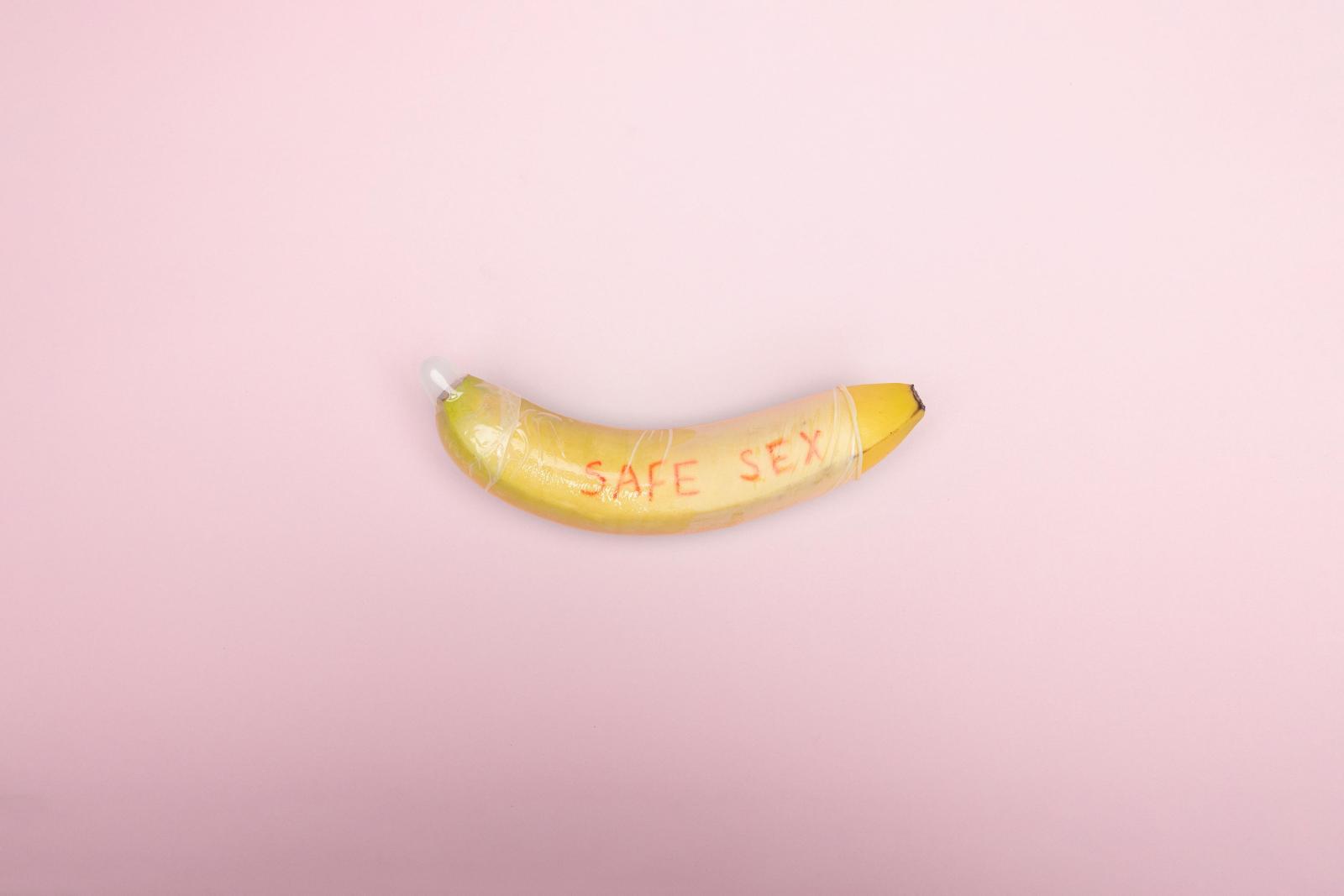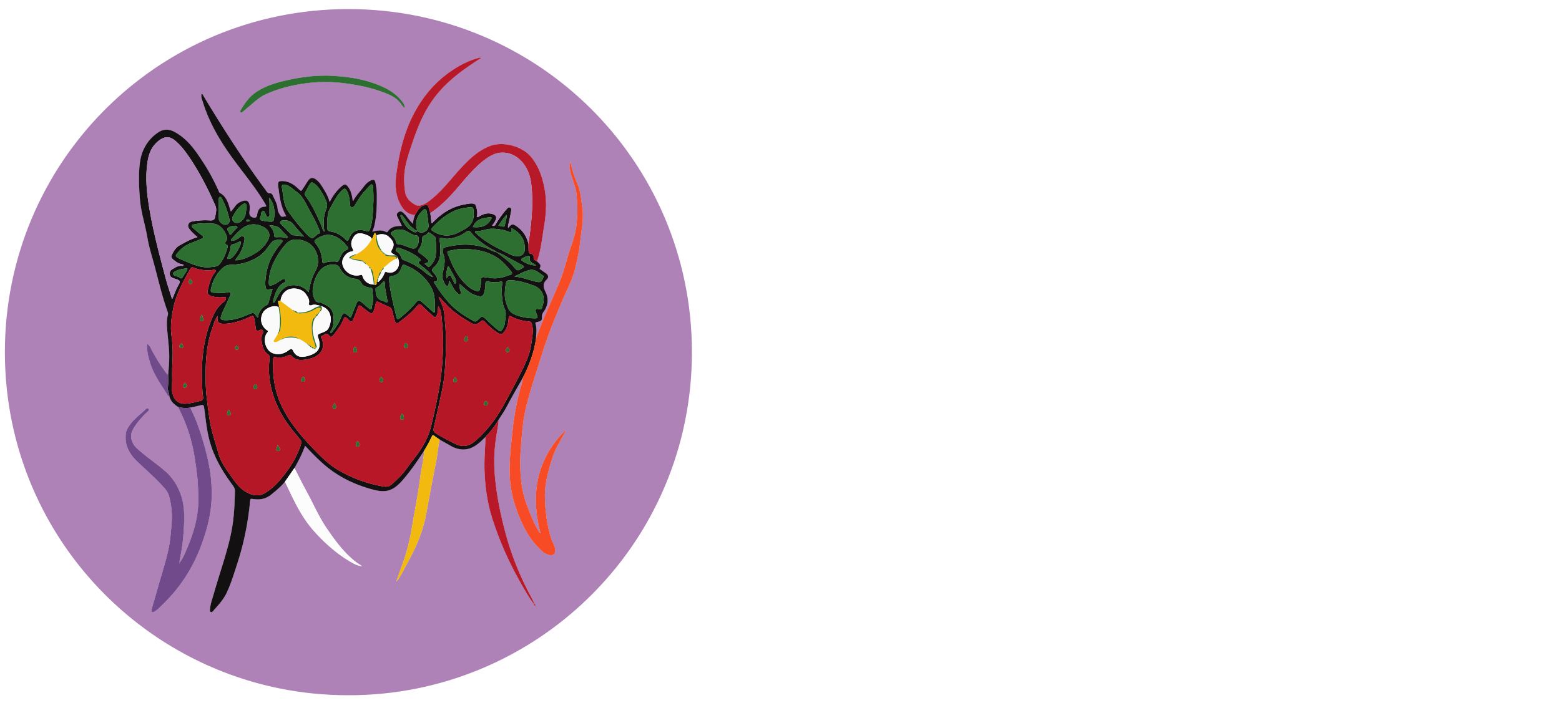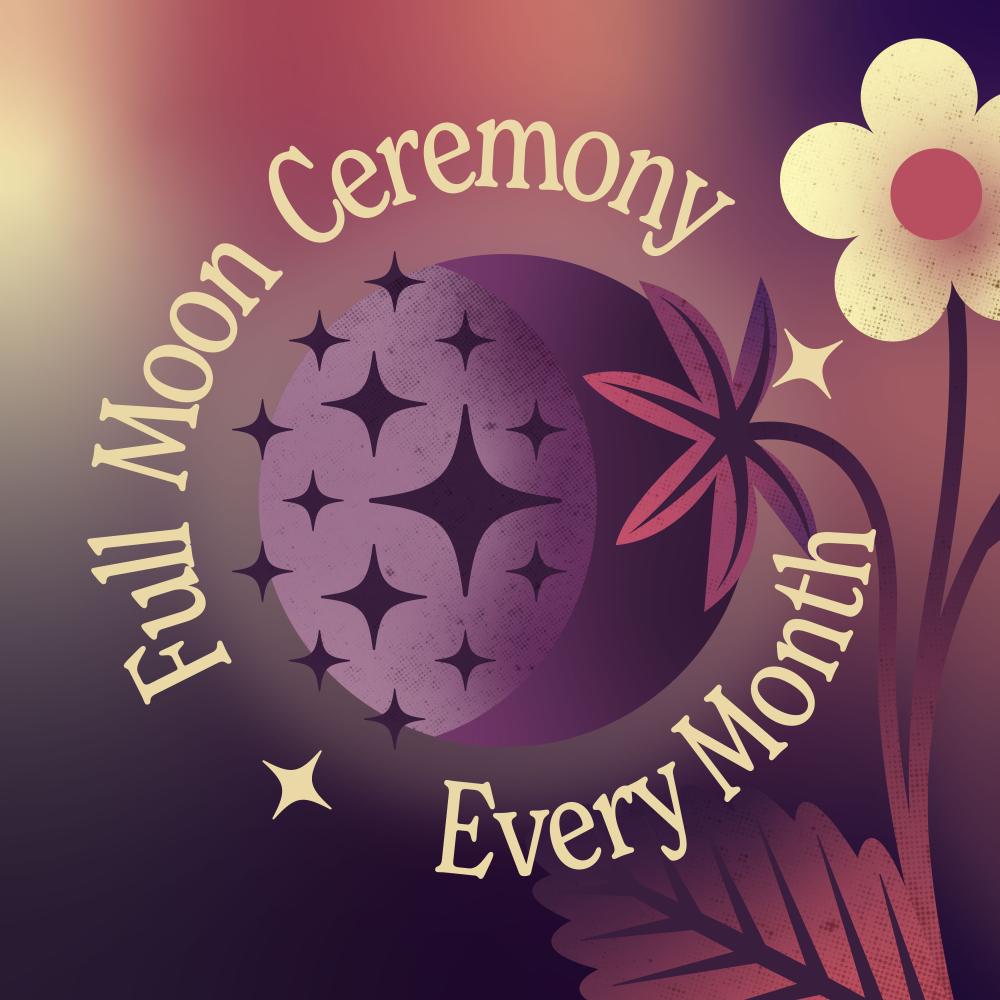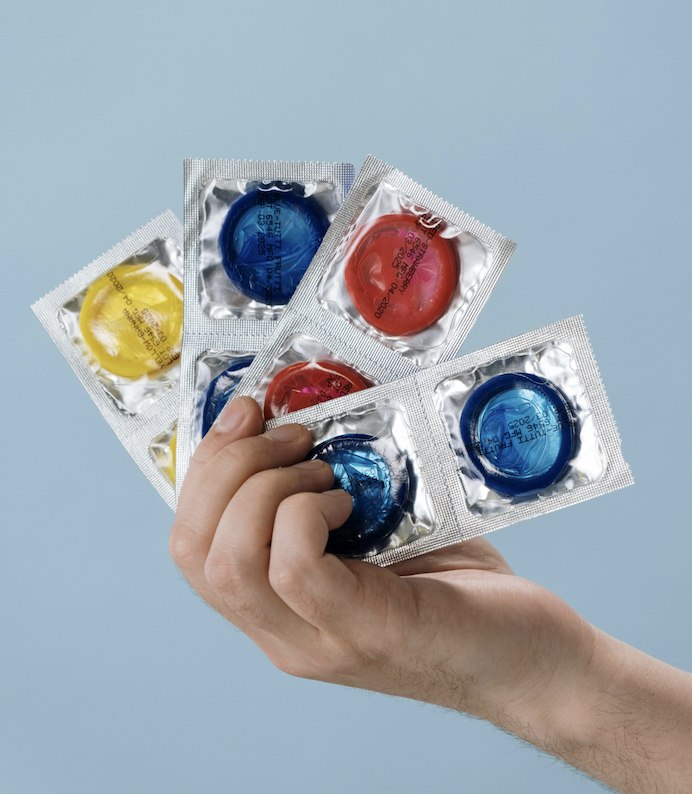
Another study about how young people don’t use protection, get STI testing or have enough sex education. Same old, same old… sigh. So where do we begin? - Written by WHC Sexuality Health Educator – Eveline Buehlmann
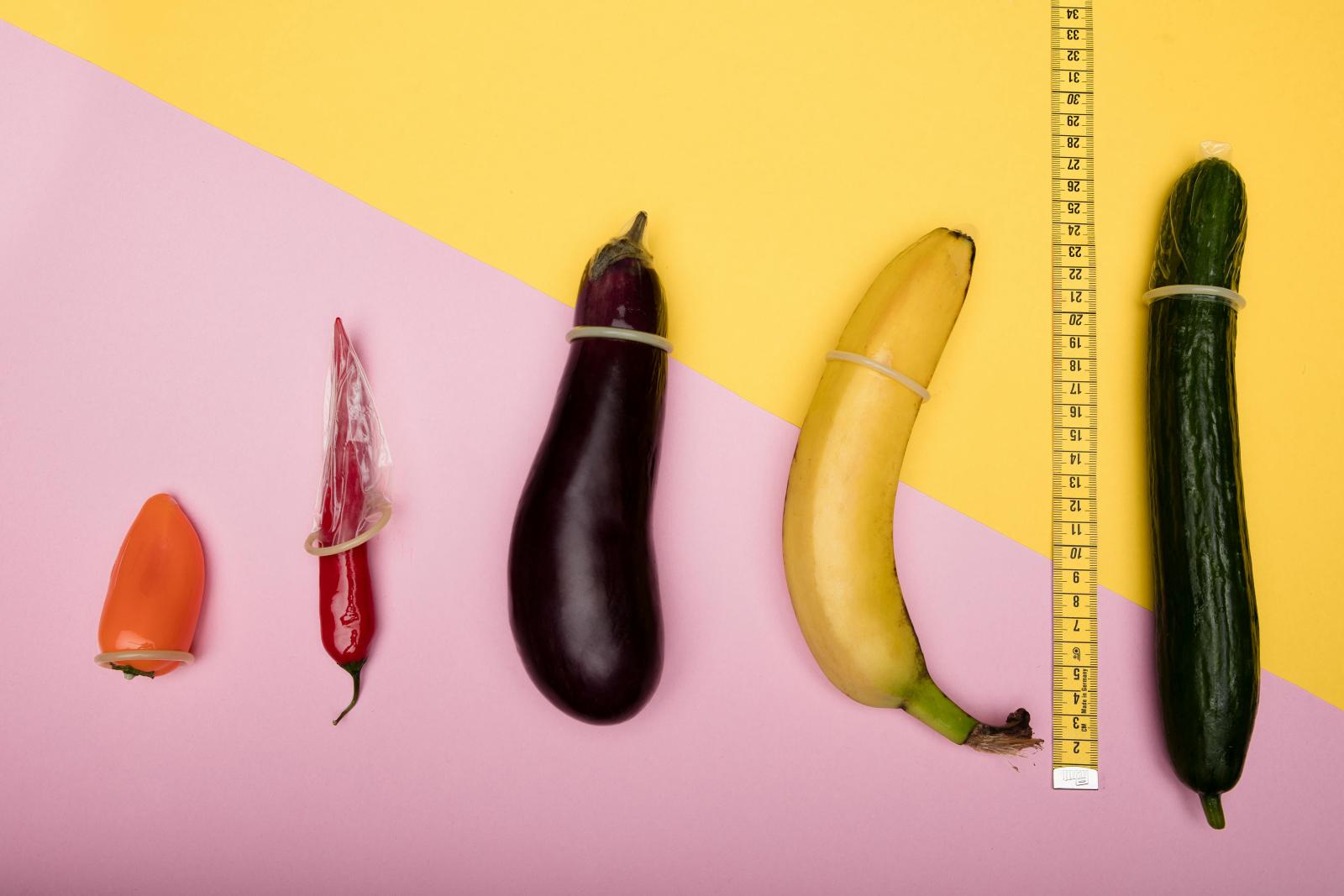
Enter sexuality health educators. We are working toward making communities healthier. Communities that can prevent abuses of power. Communities that can help people and their communities heal and repair when violence happens.
Yet, from a lack of understanding, sexuality health educators, tend to get a bad rap. The skewed perceptions of sexuality health educators lends itself to harmful misconceptions. We are labeled as creeps or groomers, us suddenly becoming “reverse” conversion therapists “making” kids gay or trans... no one can make someone gay or trans, but they can be a safe place for someone who is gay or trans to express and explore their identities.
We come up against the minority that want to keep youth in the dark or those promoting “family values” often code for “don’t talk about sex, sexual diversity or diverse families.” But also, we are up against the tide of pop culture and sexually explicit material that often portray unhealthy distorted sexual scripts, norms, and sexual acts, on top of the unrealistic beauty and body image standards that dominate the youth landscape. Honestly, sexuality health educators that share messages of inclusion, acceptance and how to stay safer are essential and healthy. In contrast to the unavoidable messaging that exists in media - young people need a critical eye that is taught through sexuality education to be able to unpack it all vs. internalizing unrealistic societal expectations.
Might we begin with developmentally appropriate Comprehensive Sexuality Education (CSE) where each student is able to see themselves in the materials - not just in older school years but as a part of every school year’s ciriculum?
For those at younger ages, imagine them being surrounded by askable adults who are ready to discuss:
- What can freely given consent look like?
- What qualities represent healthy relationships with ourselves, others and Mother Earth?
- How do I love my body and honor myself?
- What about pleasure for all bodies?
- How can we all respect, especially when we don’t understand, the large range of humanness?
Some people still cringe when they hear the word sexuality or think it’s all about sex!
Sexuality is so much more! It has to do with our feelings, identities, rights, body image, culture, relationships, gender expression, attraction and more. It’s a part of our whole being and our sexuality evolves from the moment we are born until we return to spirit.
Some people think of CSE as prevention of suicide or gender-based violence which it can be, but I believe CSE is so much more – CSE is a human right.
Like the Sex Information & Education Council of Canada (SIECCAN), I believe “all children and youth have a fundamental right to information that enables them to protect and enhance their bodily autonomy and sexual health and well-being. Youth need access to information and skills development opportunities that address sexually transmitted infections, unintended pregnancy, gender-based violence, consent, reproductive health, sexual rights, and the promotion of satisfying and respectful relationships.”
So, because of this we teach sexuality education that goes beyond anatomy, birth control and STBBIs and include discussions about gender, body image, feelings and attractions, puberty, emotional wellbeing, readiness, consent, media literacy, healthy relationships and more. The key to unlocking this understanding is that it’s done through an anti-oppressive lens.
An anti-oppressive lens is a tool to create a more just and equitable world. It includes concepts like informed choice which provides information on all the available options and leaves the decision making to the youth. It empowers youth to make decisions that are right for them. We often hear people talk about youth as incapable of making decisions for themselves. To underscore the importance of sexuality education, how could someone make the best decision for themselves when they are uninformed and/or unaware of all the options available to them? Discussions are had on inclusion, social power and being mindful that this education is not simply information but is also personal and allows for personal growth and understanding. Many of us have/had traumatic experiences related to these topics and thus allowing for diverse ways of engaging in such sessions is foundational to creating a safer space as well as taking care of ourselves as service providers.
I grew up on a farm where reproduction and same sex sexual behavior in nonhuman animals were seen as a part of life. My curriculum based sex ed was taught to me in the 90’s. At the time, I didn’t know what I didn’t know and, was only able to unpack those murky waters when I was much older. I realized that in my community judgements were harsh and the options seemed limited.
It’s confusing when youth understand gender and sexual diversity far better than some adults yet understood (to a point) because I know at the time I was a youth the patriarchy had a stronghold on media and society. As this grip loosens, and society has moved toward accepting individuality as a basic human right, I often wonder what it would have been like had I received CSE? And what if you had received CSE? Would we then still be dealing with the same statistics today?
Image credit by Pexels
